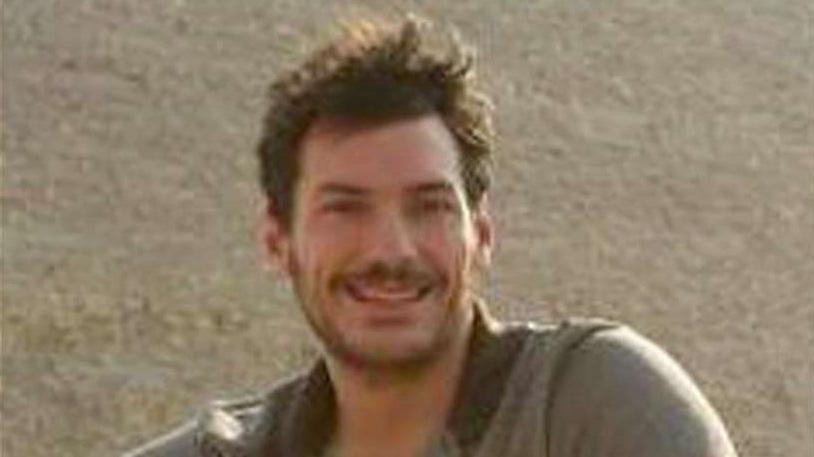Syrian forces launch strikes against ISIS
Regime isolates ISIS after group kills hundreds of civilians; David Lee Miller reports from the Middle East.
The Trump administration is ending funding for Syria stabilization projects as it moves to extricate the U.S. from the conflict, citing increased contributions from anti-Islamic State coalition partners.
The State Department said it had notified Congress on Friday that it would not spend some $230 million that had been planned for Syria programs and would instead shift that money to other areas. Most of that money, initially pledged by former Secretary of State Rex Tillerson in February, had been on hold and under review since he was fired in March. A small fraction of that amount was released in June.
State Department spokeswoman Heather Nauert said the cut, which was authorized by Secretary of State Mike Pompeo and does not include humanitarian aid funds, will be more than offset by an additional $300 million pledged by coalition partners, including $100 million that Saudi Arabia announced it had contributed late Thursday.
"As a result of key partner contributions by coalition members, Secretary Pompeo has authorized the Department of State to redirect approximately $230 million in stabilization funds for Syria which have been under review," she said in a statement.
Nauert said Pompeo's decision took into account the White House's desire to increase burden sharing with allies.
The funds will be redirected "to support other key foreign policy priorities," said Nauert, who rejected suggestions that the elimination of the funds showed diminishing U.S. interest in Syria.
Still, the U.S. move is a sign the administration is heeding Trump's demand to end U.S. involvement in Syria and reduce its commitment there.
In a bid to reassure its partners in the coalition against IS as well as opponents of Syrian President Bashar Assad, officials said the administration is appointing veteran diplomatic troubleshooter, James Jeffrey, to be a special envoy for Syria.
Jeffrey, a former U.S. ambassador to Turkey, Iraq and Albania who also served as a deputy national security adviser to President George W. Bush, will hold the title of "special representative for Syrian engagement" and will report to Secretary of State Mike Pompeo. Jeffrey, who retired in 2012, also holds the highest rank in the U.S. Foreign Service: career ambassador.
Yet Friday's funding cut is the latest Trump administration retreat from Syria. In May, the State Department announced that it had ended all funding for stabilization programs in Syria's northwest. IS militants have been almost entirely eliminated from that region, which is controlled by a hodgepodge of other extremist groups and government forces.
In June, the administration freed up a small portion -- $6.6 million -- of the $200 million that Tillerson had pledged in order to continue funding for the White Helmets, a Syrian civil defense organization, and the International, Impartial and Independent Mechanism, a U.N. agency that is investigating war crimes committed during the conflict.
That left $193.4 million in limbo that would have had to have been returned to the Treasury Department on Sept. 30 at the end of this budget year if it had remained unspent.
Last month, the U.S. helped to organize the evacuation through Israel of White Helmet workers from Syria's south, where Assad's Russian-backed forces launched a new offensive despite a de-escalation agreement between Washington and Moscow.
Nauert said that Friday's decision would not affect "life-saving, needs-based humanitarian assistance to vulnerable Syrians" or U.S. support for the White Helmets or the U.N. mechanism.






